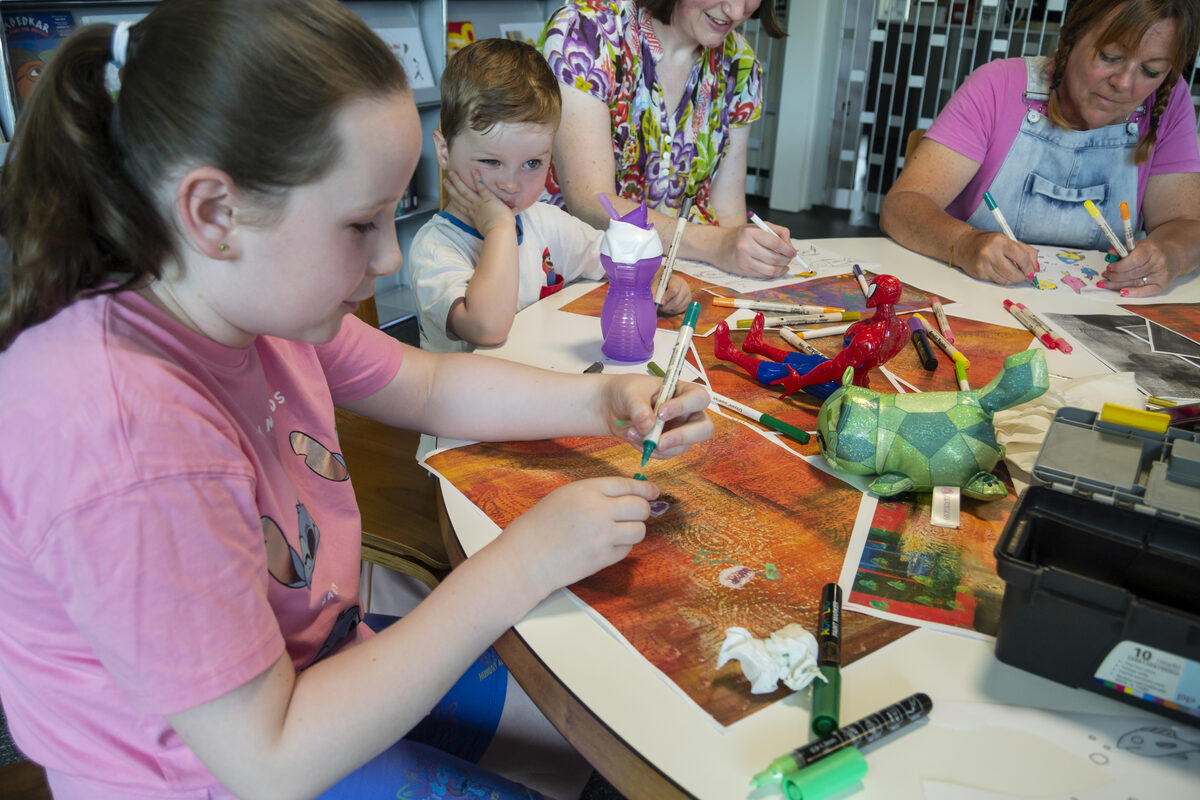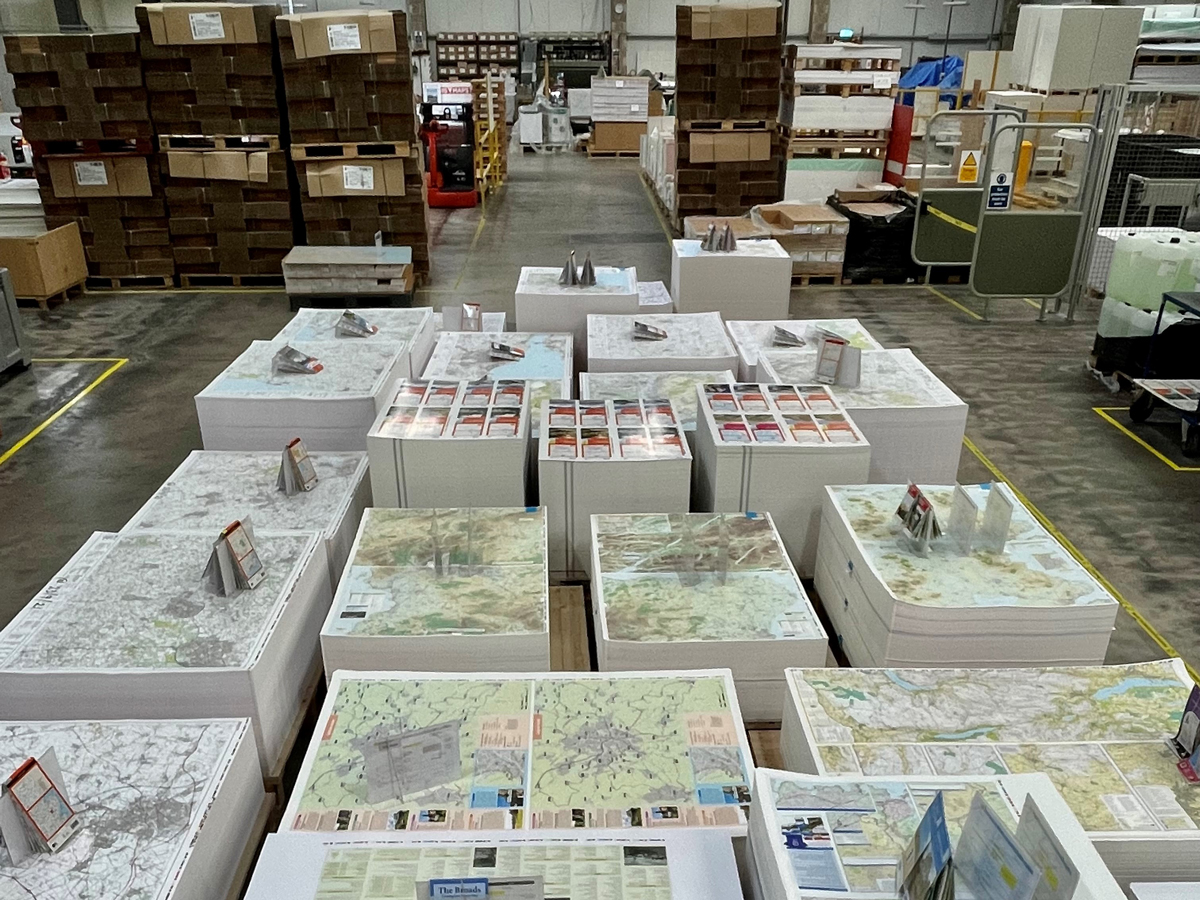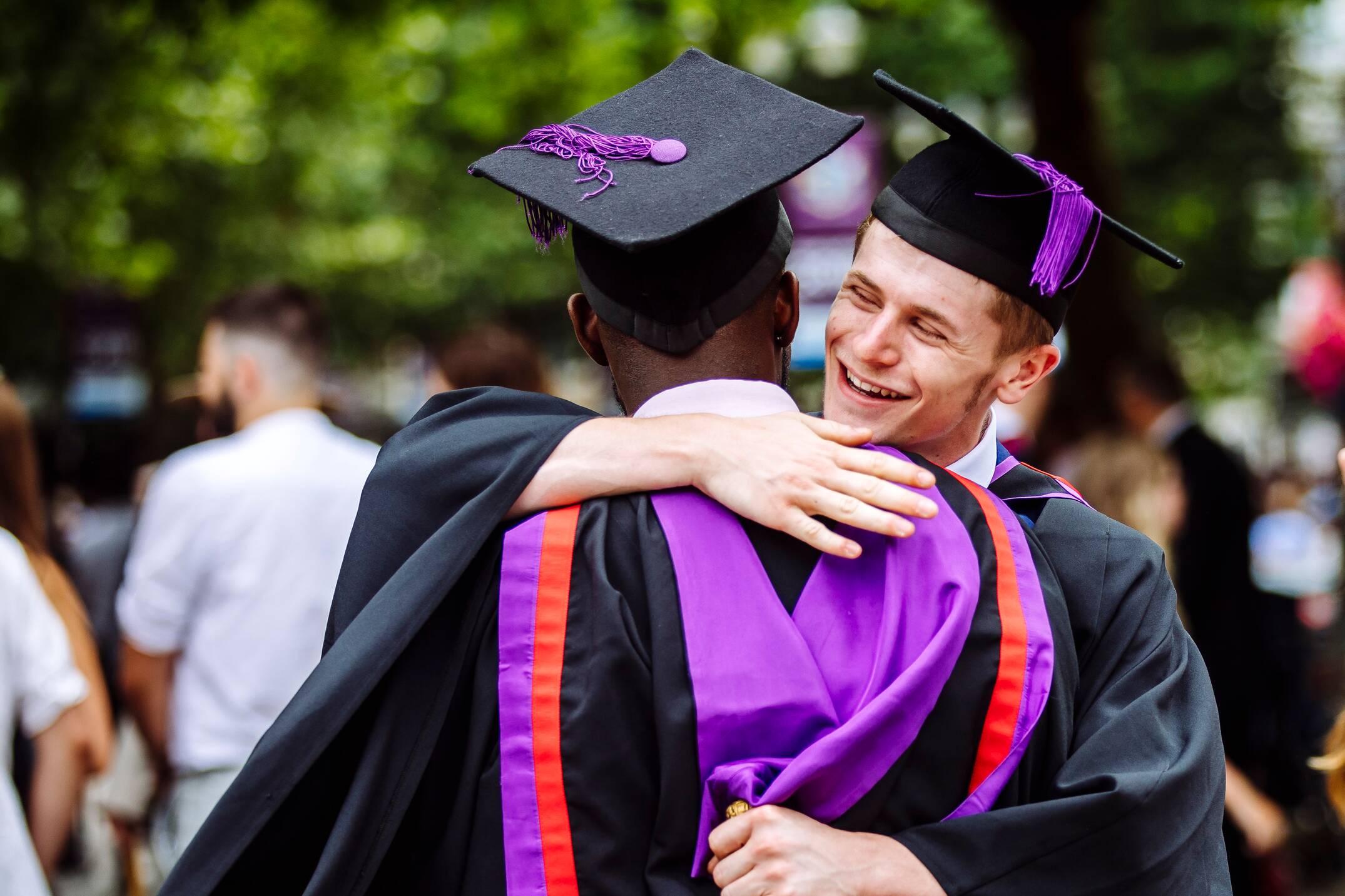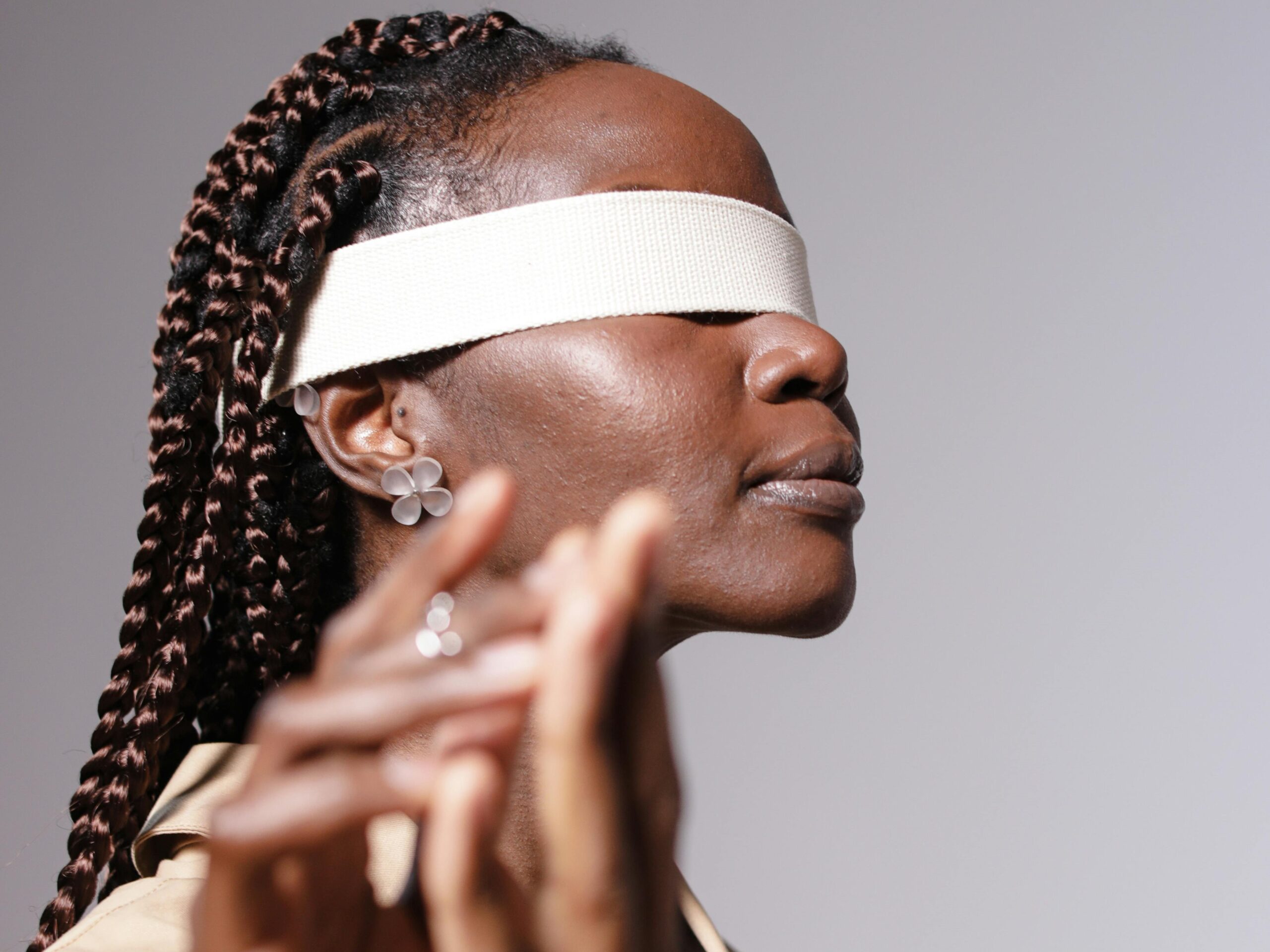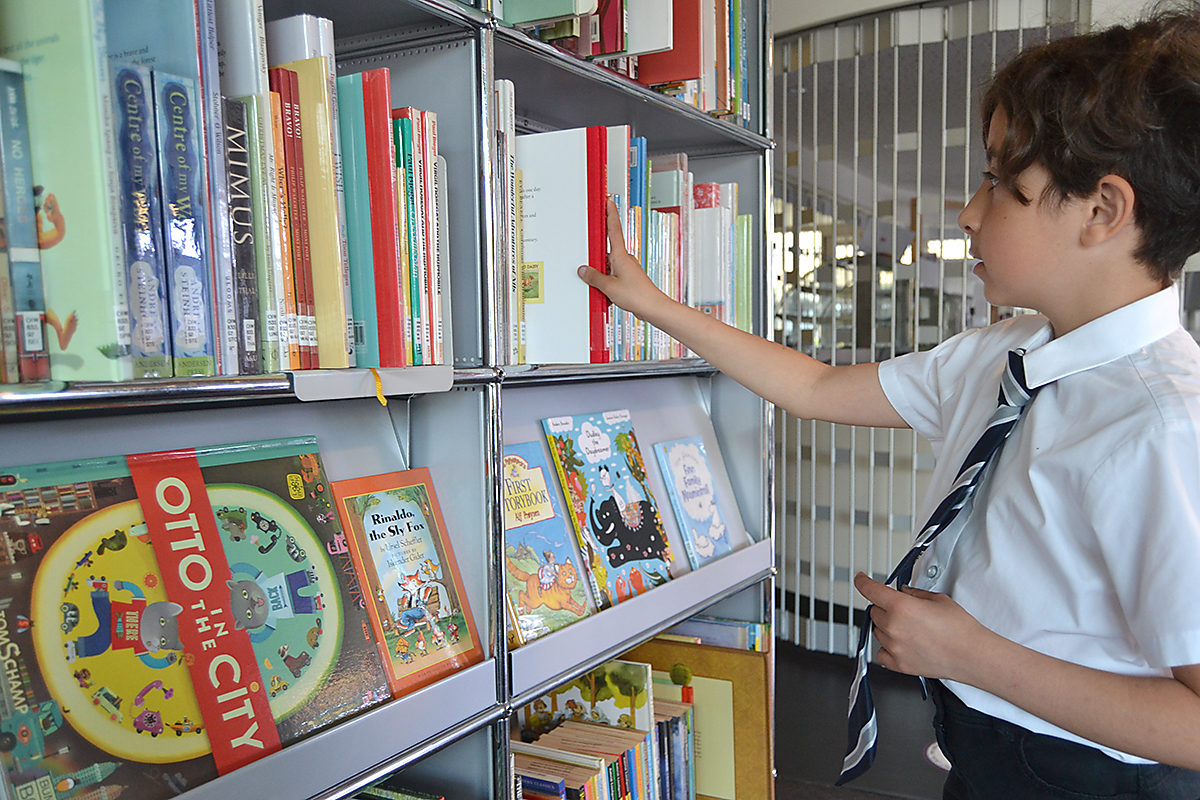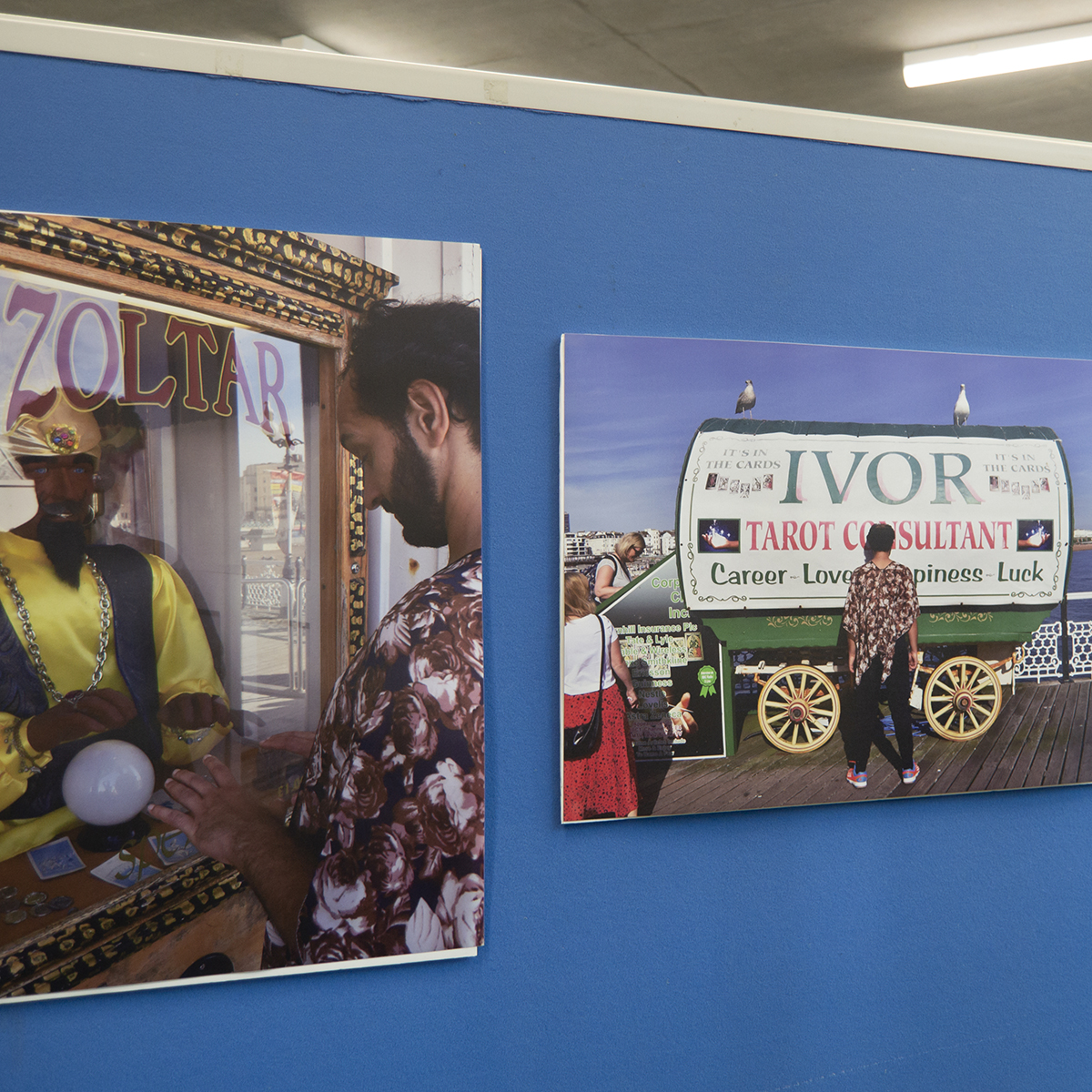Celebrating children’s stories from South Asia
The first Outside In World drop-in and storytime was a great success. Several families joined us to celebrate South Asian Heritage Month and explore the collection of children’s books from around the world and explore the world of illustration with two of our MA Illustration students and aspiring children. Everyone got to take part in the colouring exercise or read fascinating children’s books from around the world, followed by the storytime with another of our students. Sign up and join us for the next one on the afternoon of Friday 9 August!

